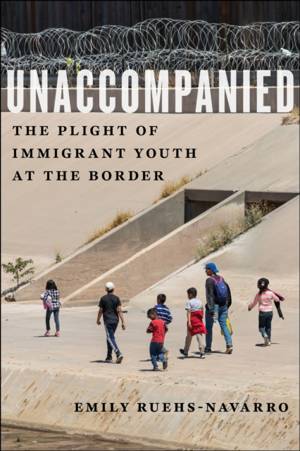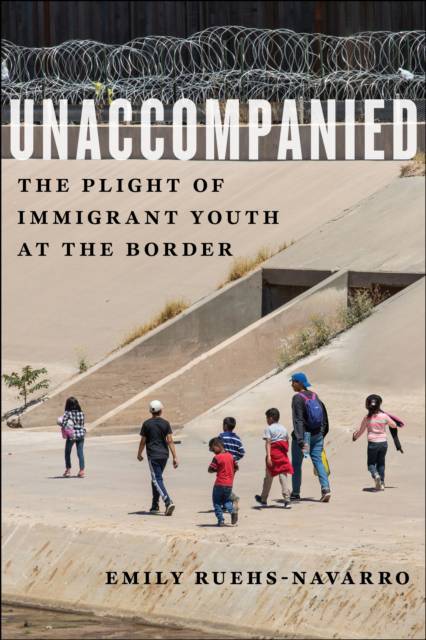
- Retrait gratuit dans votre magasin Club
- 7.000.000 titres dans notre catalogue
- Payer en toute sécurité
- Toujours un magasin près de chez vous
- Retrait gratuit dans votre magasin Club
- 7.000.000 titres dans notre catalogue
- Payer en toute sécurité
- Toujours un magasin près de chez vous
150,95 €
+ 301 points
Format
Description
Explores how humanitarian aid workers help and hinder the care of unaccompanied children as they arrive in the United States
Every year, tens of thousands of children cross into the United States without a legal guardian at their side, often fleeing violence and poverty in their countries of origin. In Unaccompanied, Emily Ruehs-Navarro shows us one aspect of their heartbreaking journeys, as seen through the eyes of the aid workers who try--but too often fail--to help them. Drawing on interviews with aid workers, migrant children, and others, Ruehs-Navarro follows unaccompanied youth as they seek help from a wide range of professionals. From legal relief organizations to family reunification specialists, she shows us how different aid workers may choose to work for, with, or against unaccompanied immigrant youth, deciding whether they should be treated as refugees, child dependents, or, in some cases, criminals. Ruehs-Navarro highlights how aid workers, and the systems they represent, often harm the very children they are designed to help. Unaccompanied brings into focus the plight of immigrant youth at the border, illuminating our failure to manage the human casualties of a growing crisis.Spécifications
Parties prenantes
- Auteur(s) :
- Editeur:
Contenu
- Nombre de pages :
- 240
- Langue:
- Anglais
- Collection :
- Tome:
- n° 11
Caractéristiques
- EAN:
- 9781479821099
- Date de parution :
- 22-02-22
- Format:
- Livre relié
- Format numérique:
- Genaaid
- Dimensions :
- 152 mm x 229 mm
- Poids :
- 498 g







